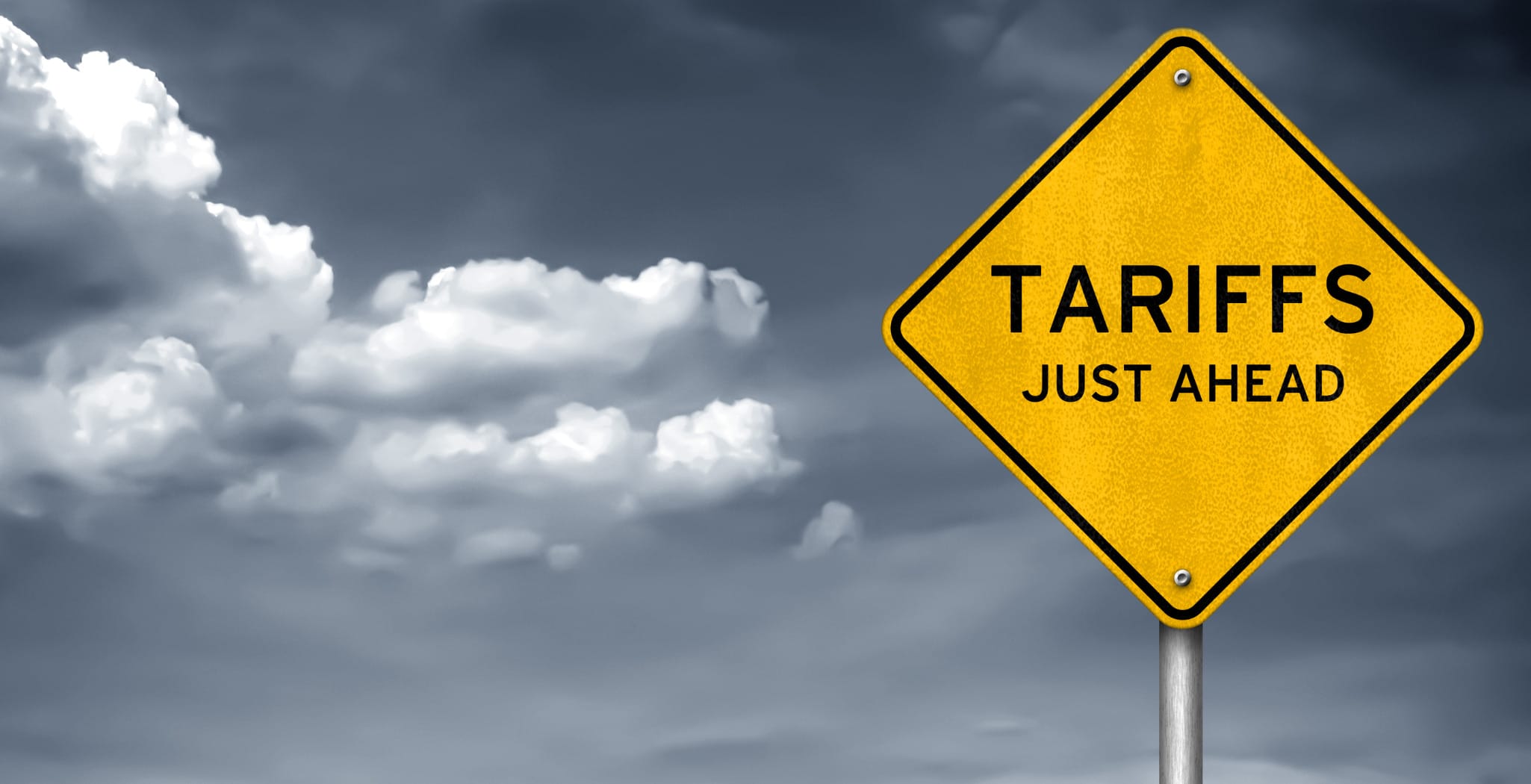Each day we read and hear more and more about the co-mingling of China and the U.S. as these two interdependent nations refine their geopolitical position with each other and the rest of the world. China is a vast nation teeming with industrious minded entreprenuers who are seeking their fortune much in the same way as U.S. pioneers in the early 1900s. Our countries are indissolubly linked from an economic standpoint and nothing on the horizon seems to contradict this long term description of our relationship. China, while still “factory to the world,” will forge ahead in Western style to build consumer brands, capitalize on the meteoric rise of a middle class market, and play a vital role in world financial markets. It is a story that will be amazing to see unfold and in no way does the ending have to be a negative one as both nations continue to innovate and lever their strengths and resources.
If you or your colleagues and associates have the need for a competent and experienced partner to manage your company’s China business, we want to be just that. We have a China staff of over 30 who have working knowledge of hundreds of industries and disciplines. Our specialties are complex manufacturing assignments, supply chain management, fulfillment and distribution in China, greenfielding, and highly competent project management. We are integrity driven, quality focused and have an ardent desire to see our clients succeed in every undertaking.
Thank you for allowing us to continue to reach out to you with newsletters and emails. Should your business plans include any aspect of dealing with China, please don’t hesitate to contact us for a free, no-obligation consultation.
China to continue RMB exchange rate reform Chinese President Hu Jintao reiterated on May 24th that China will continue to steadily advance the reform of the formation mechanism of the RMB exchange rate under the principle of independent decision-making, controllability and gradual progress. Hu made the remarks at the opening ceremony of the second round of China-US Strategic and Economic Dialogue in Beijing.
Hu said China will continue to pursue a win-win strategy of opening up. The country would expand market access in keeping with established international economic and trading rules, support the improvement of international trading and financial systems, and askance trade and investment liberalization and facilitation.
On China’s effort to accelerate the transformation of its economic development pattern, he said, “We will make great effort to expand domestic demand and increase household consumption, vigorously promote sounds and balanced growth of external trade, and reject protectionism in all manifestations.”
China’s trade back into surplus After a US$7.2bn deficit in March, China’s trade retuned to surplus in April but shrank 87% from a year earlier due to faster growth in imports. The trade surplus stood at US$1.68bn in April, according to the General Administration of Customs. Exports rose 30.5% you to US$119.92bn in April, while imports surged 49.7% to US$118.24bn.
Harley Sales Up Harley Davidson Inc has reported that sales in China doubled last year, according to Rodney Copes, VP of international sales. Since it entered China in 2005, Harley has developed four dealers nationwide – one in Shanghai – and plans to open four new dealerships this year in Wenzhou, Xiamen, Dalian and Chengdu.
Foreign Investment Reflecting the determination of China’s central government to attract additional foreign investment-and to direct that capital towards industries and regions that serve the government’s broader social and economic goals-the State Council issued Several Opinions on Further Utilizing Foreign Capital (Foreign Capital Utilization Opinions) on April 6, 2010. The Foreign Capital Utilization Opinions set priorities that encourage foreign investment in research and development centers, high-end manufacturing, high and new technology, alternative energy, and other environmentally friendly industries while discouraging investment within industries that consume large amounts of energy, pollute the environment, or are already over capacity in China.
Shanghai Pudong – new policy on JVs On 13th April 2010, The Shanghai Pudong People’s Government issued the Tentative Measures On Setting Up A Sino-foreign Equity Joint Venture (“EJV”) and Cooperative Joint Venture (“CJV”) In Pudong (“Tentative Measures”). The Tentative Measures have been introduced to allow domestic natural persons to establish EJVs and CJVs in the Pudong New Area. The Tentative Measures came into effect on 1 May 2010 for a trial period of 2 years.
The Chinese laws on joint ventures, which were initially issued in 1979 and 1988 respectively, do not allow domestic natural persons to set up EJVs or CJVs with foreign companies or individuals. Such restrictions do not conform to the principle of “national treatment” and so have been seen as being an obstacle to domestic individuals hoping to cooperate with foreign entities and/or individuals. As the Chinese people are becoming more prosperous, pressure has increased to abolish the existing restriction.
The usual way to circumvent the restrictions is for a Chinese natural person to set up a limited liability company (normally a one-person company), and to use the new company as a vehicle to partner foreign parties. However this route is very inconvenient and the issue of the “invisible investor” has led to many disputes between contracting parties.
Foreign investors have encountered difficulties when trying to partner with a Chinese citizen they trust. There has been rapid growth int he need for cooperation between individuals from SMEs and foreign individuals in high-tech and creative industries. As the officials from Pudong said, “We have changed because such change is required.”
Highest Level of Confidence Chinese consumer confidence rose int he first quarter of the year to the highest level since 2007 as people became more optimistic over their future, a survey by Nielson Co and the National Bureau of Statistics. The Consumer Confidence Index in China climbed to a three-year high, bolstered by better employment prospects. However, people’s willingness to spend fell slightly due to soaring asset prices.
World Expo Opens Shanghai kicked off the 2010 World Expo with an extravagant opening ceremony and fireworks show. The two-hour performance at the new US$270m Expo Culture Centre ended with a spectacular outdoor multimedia show punctuated by a parade of hundreds of national flags carried by boats along the city’s Huangpu River. The city has spent US$45bn, more than Beijing spent not he 2008 Olympics, to put on what it says will be the biggest Expo ever.
David Alexander is President of BaySource Global, a U.S. based manufacturing and project management firm with offices in Shenzhen and Shanghai. www.baysourceglobal.com





Follow Us